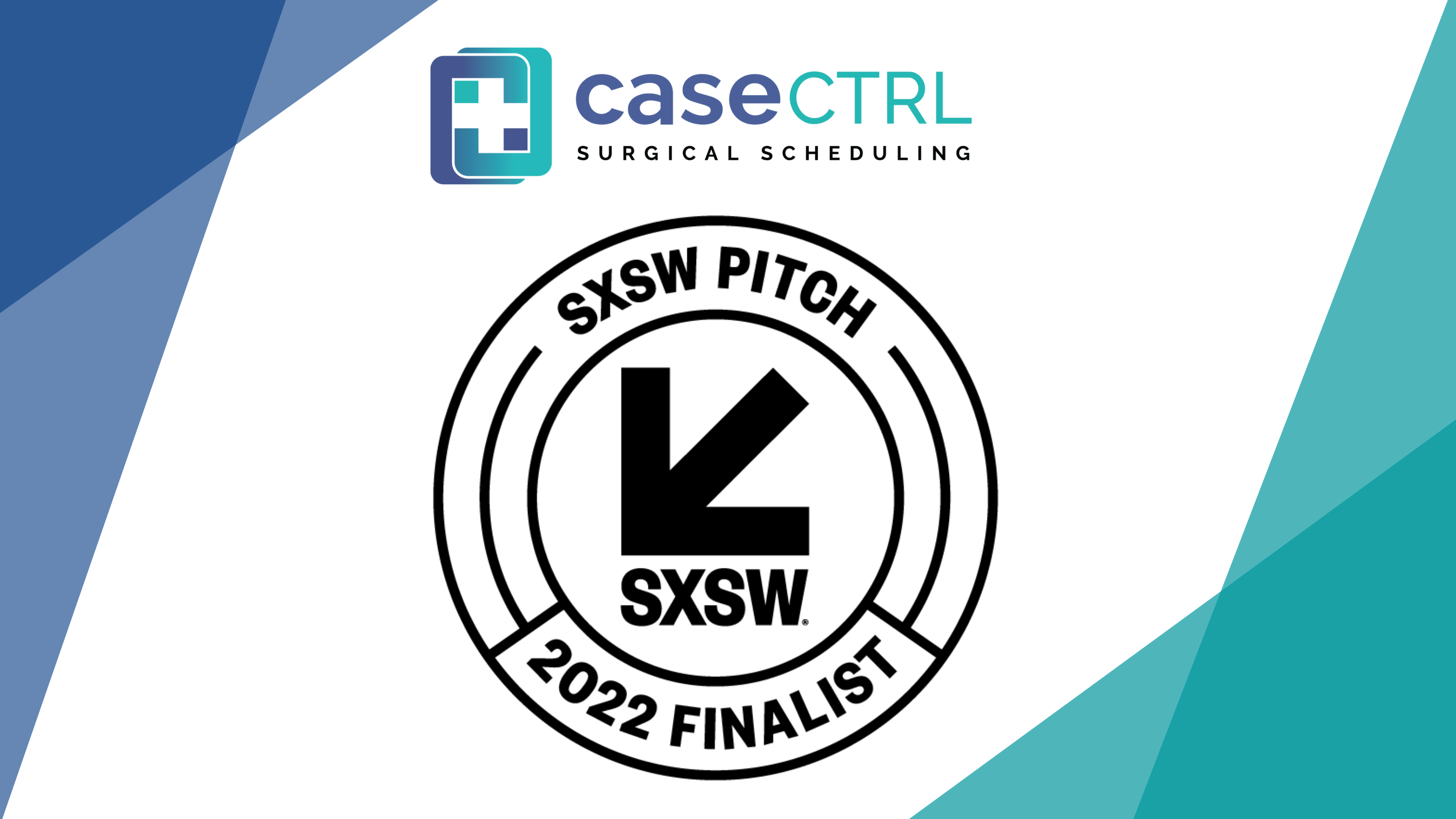Let’s face it: if you’re running a hospital operating room or an ASC, delays and cancellations are going to happen. There may have been a scheduling error or perhaps a mix-up with surgical equipment. You might be missing vital paperwork. The patient may be unsure about the procedure. Maybe they simply forgot about their appointment. Or perhaps they, or the surgeon, may have just tested positive for Covid. For more insights on the ideal time to use surgical scheduling software, and tips to ensure the best ROI, check out this guide.
Whatever the cause, delays and cancellations are costly, both for your service and your patients.
It is estimated that patients miss between 5 and 20 percent of surgery appointments, and a study by Tulane University found that, once surgeons, staff, lost OR time and procedure costs are taken into account, a single missed surgery can cost more than $7,100.
While it is inevitable that surgeries will periodically have to be canceled, the good news is that majority of cancellations are avoidable. By adopting effective surgery scheduling tools and practices, health providers can frequently reduce the incidence of cancellations
Understanding how and why cancellations happen is key to avoiding them when possible, and to limiting the impact when it's not. Here we will look at five of the top preventable causes.
1. Scheduling errors
If your ASC or hospital relies on manual data entry, transcription of incoming fax, or handwritten notes for scheduling, then errors in surgery timing, procedure codes or equipment preferences/conflicts are bound to occur. For example, a surgery lacking information about required special equipment may pose a serious conflict to other cases or even necessitate rescheduling if the required equipment is not available last minute the day of surgery.
Access to clear and up-to-date accurate information is vital, so that surgeons, schedulers, and coordinators can review surgery schedules in advance, confirm what supplies are needed and identify any potential conflicts beforehand. In the event of the inevitable last minute reschedule or cancellation mechanisms and information must be available to easily backfill suddenly available slots.
2. Poor pre-op preparation
If surgeries are not prepared for action on time, delays or cancellations can easily result.
A study of over 15,000 delayed cases found that the two top reasons for case delays were 1) the OR not being ready for patients and 2) missing or incomplete documentation.
Missing or incomplete chart documents or nursing preoperative assessments can mean the patient is not adequately prepared for surgery, while Doctor Preference Cards (DPCs) that are inaccurate or out-of-date can result in poor assumptions about necessary equipment and tools not being available or not sterile for the surgery.
With intelligent doctor preference card management, you can make sure the right supplies, instruments, equipment and medications are ready for each procedure. Allowing vendors to leave notes and collaborate can also further enhance the accuracy of these cards. An automated surgery scheduling process allows schedulers and surgeons to access the most up-to-date information and preferences available. Effective preference management helps improve the efficiency and cost-effectiveness of surgeries and better manage costly inventory. Automating outreach with vendors minimizes the risk of ill-prepared teams and the demands on overwhelmed staff. Professionalism in your service will boost patient confidence, while also minimizing equipment wastage.
3. Poor document management
Delays or cancellations can be caused if signed consent forms are missing, if the patient arrives with incomplete paperwork, or if there is a discrepancy in the data. This is a particular risk in surgeries that rely on paper-based or handwritten systems, where data might be missing, inconsistent or even illegible.
Using intelligent surgical scheduling software makes sure that all the necessary forms and documents (consents forms, preauthorization, surgical assessment forms, DPCs, and so on) are present and correct, and accessible to those who need them when they need them. It is very frustrating and time-consuming when perioperative staff have to chase down these documents from hard-to-reach doctors' offices on the day of surgery.
4. Staffing problems
A lack of proper communication and coordination between staff and other stakeholders can lead to ineffective management of surgical scheduling.
A recent study published in the American Journal of Surgery found that workflow standardization using digital informatics such as Electronic Medical Records (EMR) during surgeries could reduce delays, improve the quality of surgical care and save up to $1,200 per case.
CaseCTRL’s surgery scheduling software tracks and audits every step of surgical coordination, so that scheduling responsibilities can be reliably and flexibly delegated. With staff burnout at an all-time high in medical practices, mechanisms that maintain surgical continuity of care, even in the face of staffing shortages are critical.
This has become all the more essential in the context of the COVID-19 pandemic. When a cancellation can be just a 15-minute antigen test away, having an effective surgical scheduling platform empowers your service to rapidly adapt. Customers on CaseCTRL have incorporated COVID testing reminders and protocols that impact patients at specific surgical locations with the click of a button. Schedules can be modified or rearranged with minimum delay, while sudden vacant slots may be able to be quickly filled with alternative patients, thus reducing the cost of lost surgery time.
5. Patient-side issues
Even if the hospital or ASC has implemented all the best procedures on-site, one of the main driver of cancellations is on the patient’s side. But this does not mean it’s out of your hands. Ensuring that patients are fully informed and prepared for surgery on time is key to avoiding cancellations. This is where patient education and communication is vital. If patients or their families are unsure about the procedure—either through lack of information, visual or cognitive impairment or language barriers, etc.—or perhaps have not followed the preoperative instructions correctly, it can cause delays or even cancellation.
You should also ensure that patients have all the information they need ahead of time, especially any special arrangements or instructions. AI-enabled automated notifications can deliver patients with essential information specific to their case without taxing overstretched staff. By providing patients with case-specific, surgeon-specific education, the care team can best ensure patient compliance with any pre-surgical preparations needed. In addition, systems that monitor and track whether and when patients access this information can help the care team identify those patients that can best benefit from additional one-on-one follow-up and coaching. Aside from acting as a reminder and keeping patients informed, these communications also help alleviate any anxiety that might prompt a no-show.
Stay on top of your scheduling
Reducing cancellations is vital for hospitals and ASCs to operate efficiently, to avoid lost revenue and resource waste, and to preserve the continuity of patient care. It’s imperative that hospitals and ASCs are prepared for the unpredictable ebbs and flows of resource availability. An intelligent scheduling system will help you to maintain flow and continuity of care regardless of changing contributors to cancellations.
Learn how CaseCTRL can help you optimize your surgery scheduling workflows, improve OR block scheduling and reduce cancelled cases. Schedule a demo today.







































